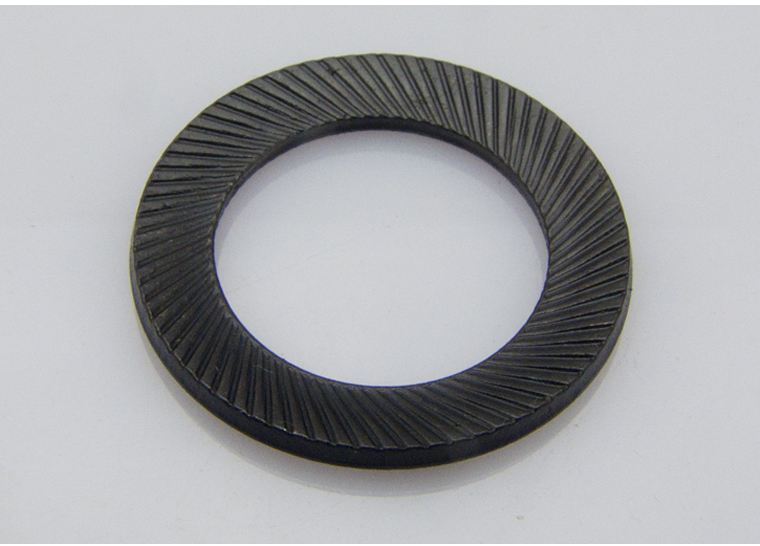Efficient Techniques for Installing Self-Tapping Screws into Metal Surfaces for Optimal Results
Best Self-Tapping Screws for Metal A Comprehensive Guide
When it comes to fastening metal materials, self-tapping screws stand out as an indispensable choice for both professionals and DIY enthusiasts. These specialized screws are designed to create their own threads when driven into metal, eliminating the need for pre-drilling holes. In this article, we will explore the features, benefits, and best practices related to the use of self-tapping screws in metal applications.
What Are Self-Tapping Screws?
Self-tapping screws are fasteners equipped with a sharp, pointed tip that allows them to cut into materials, such as metal, plastic, and wood. Their unique designs enable them to create a mating thread as they are installed. This feature not only saves time but also enhances structural integrity by ensuring a snug fit.
Types of Self-Tapping Screws for Metal
1. Type A Screws These screws feature a coarse thread and a sharp point, making them ideal for use in thin sheets of metal. They are commonly used in applications where the materials to be joined are not particularly thick.
2. Type AB Screws With a finer thread, these screws are better suited for plastic materials but can also work effectively in light gauge metal. Their design minimizes the risk of stripping and provides a secure hold.
3. Type B Screws Known for their drill point, Type B screws are designed to bore through thicker metal with ease. They are ideal for heavy-duty applications and are often used in construction and manufacturing.
Key Benefits of Using Self-Tapping Screws
1. Efficiency One of the most significant advantages of self-tapping screws is their ability to save time. The screw's design allows it to penetrate the material directly without pre-drilling, speeding up assembly processes.
2. Stronger Connections Self-tapping screws create their own threads, which often results in a stronger bond compared to traditional screws, especially when fastening thin sheets of metal.
best self tapping screw into metal

3. Versatility Available in various lengths, diameters, and materials, self-tapping screws can be used across a multitude of applications, from automotive to home repairs.
4. Cost-Effective Reducing the need for additional drilling tools and processes can result in significant cost savings over time, making self-tapping screws an economical option for various projects.
Best Practices for Using Self-Tapping Screws in Metal
1. Select the Right Screw Choose the appropriate type of self-tapping screw based on the thickness and type of metal you are working with. Refer to manufacturer guidelines to determine the optimal specifications.
2. Prepare the Metal Surface Always ensure that the metal surface is clean and free from rust, dirt, or oil. A clean surface enables better penetration and prevents stripping.
3. Use the Right Tools Employ a power screwdriver or drill with a torque setting. This allows for precise control and minimizes the risk of over-tightening, which can lead to stripping.
4. Practice the Correct Technique Position the screw perpendicular to the surface and apply steady pressure while driving it in. If you encounter significant resistance, stop and reassess, as this could indicate an inappropriate screw choice or technique.
5. Consider Using a Washer In applications where you need additional grip or where the material could compress, using a washer can help distribute the load and enhance stability.
Conclusion
Self-tapping screws are an essential tool in metalworking, delivering efficiency, strength, and versatility. By understanding the various types available and following best practices, users can harness the full potential of these fasteners. Whether you are working on a large construction project or a small home repair, selecting the best self-tapping screw for metal will ensure secure and durable results.
-
Top Choices for Plasterboard FixingNewsDec.26,2024
-
The Versatility of Specialty WashersNewsDec.26,2024
-
Secure Your ProjectsNewsDec.26,2024
-
Essential Screws for Chipboard Flooring ProjectsNewsDec.26,2024
-
Choosing the Right Drywall ScrewsNewsDec.26,2024
-
Black Phosphate Screws for Superior PerformanceNewsDec.26,2024
-
The Versatile Choice of Nylon Flat Washers for Your NeedsNewsDec.18,2024










